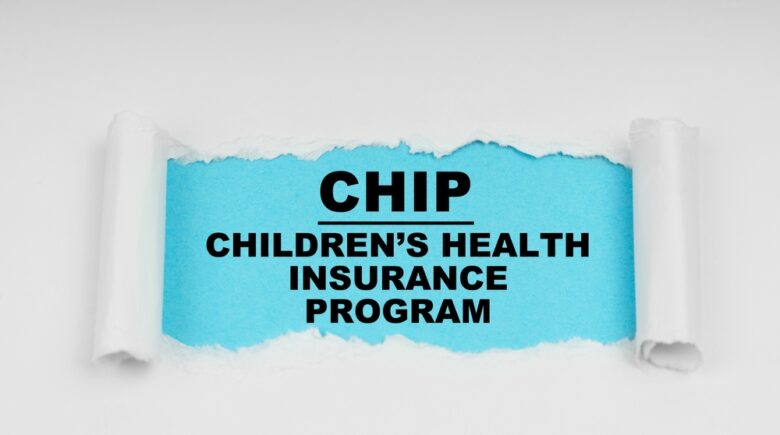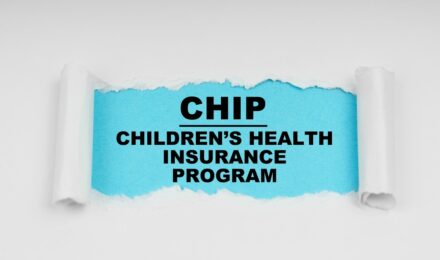Contents
Medicare, a federal health insurance program primarily designed for seniors and individuals with disabilities, also provides coverage for eligible children. While Medicaid, a joint federal-state program, is the primary source of health insurance for low-income children, Medicare plays a crucial role in ensuring healthcare access for children with specific needs.
Eligibility and Enrollment
Children under 18 may qualify for Medicare if they have a disability or End-Stage Renal Disease (ESRD). To be eligible, they must meet Social Security’s definition of disability, requiring significant impairment limiting major life activities. Additionally, children requiring dialysis or kidney transplants due to ESRD qualify for Medicare. Enrollment typically occurs through the Social Security Administration or the Centers for Medicare & Medicaid Services [1].
Benefits and Coverage
Medicare for children covers essential health services, including inpatient hospital care, outpatient services, laboratory tests and medical equipment. Children with ESRD receive comprehensive coverage for dialysis, transplantation and related services. Medicare Advantage plans, offered by private insurers, provide additional benefits like vision, dental and hearing coverage [2].
Application Process
Families can initiate the application process by contacting their local Social Security office or applying online. Required documents include birth certificates, Social Security numbers and medical records. After submitting the application, the Social Security Administration reviews the child’s eligibility.
Financial Considerations
Medicare premiums for children vary based on family income and disability status. Low-income families may qualify for premium assistance through Medicaid or the Children’s Health Insurance Program (CHIP). Out-of-pocket costs, including deductibles and copays, apply to Medicare services [3].
Interplay with Other Programs
Medicare for children often intersects with Medicaid, CHIP and private insurance. Coordination of benefits ensures comprehensive coverage. For instance, Medicaid may cover services not included in Medicare or help with out-of-pocket costs.
Advocacy and Support
Families can seek guidance from social workers, patient advocates or organizations specializing in children’s healthcare [4]. These resources help navigate the complex application process and ensure access to necessary services.
As previously mentioned, Medicare for kids primarily serves children with disabilities or End-Stage Renal Disease (ESRD). To qualify, they must meet Social Security’s definition of disability, which requires significant impairment limiting major life activities.
Key Program Details
Eligibility: Children under 18 may qualify if they have a disability or ESRD.
Enrollment: Families can apply through the Social Security Administration or Centers for Medicare & Medicaid Services.
Benefits: Covers essential health services, including inpatient hospital care, outpatient services, laboratory tests and medical equipment.
Financial Considerations: Premiums vary based on family income and disability status. Low-income families may qualify for premium assistance through Medicaid or the Children’s Health Insurance Program (CHIP).
Additional Resources
Medicaid and CHIP: Provides health coverage to eligible children through both Medicaid and separate CHIP programs.
Children’s Health Insurance Program (CHIP): Offers coverage to children in families with incomes too high for Medicaid but too low for private insurance.
Support and Advocacy: Families can seek guidance from social workers, patient advocates or organizations specializing in children’s healthcare.
Important Contacts
Social Security Administration: For eligibility and enrollment inquiries.
Centers for Medicare & Medicaid Services: For program information and guidance.
State Medicaid and CHIP offices: For specific state program details.
Conclusion
Medicare for children provides vital healthcare coverage for young individuals with disabilities or ESRD. Understanding eligibility, benefits and application procedures empowers families to secure essential health services. Collaboration between healthcare providers, social services and family advocates ensures comprehensive support for these children.
Sources
- Can Medicare Cover Kids? (healthline.com)
- medicare.us.com | Find Your Medicare Plan Today!
- How Much Does Medicare Cost? (Parts A, B, C And D) – Forbes Health
- Resource Manual: Social Workers & Social Work Services as Defined in Medicare Law & Regulations
Contents
Medicare, a federal health insurance program primarily designed for seniors and individuals with disabilities, also provides coverage for eligible children. While Medicaid, a joint federal-state program, is the primary source of health insurance for low-income children, Medicare plays a crucial role in ensuring healthcare access for children with specific needs.
Eligibility and Enrollment
Children under 18 may qualify for Medicare if they have a disability or End-Stage Renal Disease (ESRD). To be eligible, they must meet Social Security’s definition of disability, requiring significant impairment limiting major life activities. Additionally, children requiring dialysis or kidney transplants due to ESRD qualify for Medicare. Enrollment typically occurs through the Social Security Administration or the Centers for Medicare & Medicaid Services [1].
Benefits and Coverage
Medicare for children covers essential health services, including inpatient hospital care, outpatient services, laboratory tests and medical equipment. Children with ESRD receive comprehensive coverage for dialysis, transplantation and related services. Medicare Advantage plans, offered by private insurers, provide additional benefits like vision, dental and hearing coverage [2].
Application Process
Families can initiate the application process by contacting their local Social Security office or applying online. Required documents include birth certificates, Social Security numbers and medical records. After submitting the application, the Social Security Administration reviews the child’s eligibility.
Financial Considerations
Medicare premiums for children vary based on family income and disability status. Low-income families may qualify for premium assistance through Medicaid or the Children’s Health Insurance Program (CHIP). Out-of-pocket costs, including deductibles and copays, apply to Medicare services [3].
Interplay with Other Programs
Medicare for children often intersects with Medicaid, CHIP and private insurance. Coordination of benefits ensures comprehensive coverage. For instance, Medicaid may cover services not included in Medicare or help with out-of-pocket costs.
Advocacy and Support
Families can seek guidance from social workers, patient advocates or organizations specializing in children’s healthcare [4]. These resources help navigate the complex application process and ensure access to necessary services.
As previously mentioned, Medicare for kids primarily serves children with disabilities or End-Stage Renal Disease (ESRD). To qualify, they must meet Social Security’s definition of disability, which requires significant impairment limiting major life activities.
Key Program Details
Eligibility: Children under 18 may qualify if they have a disability or ESRD.
Enrollment: Families can apply through the Social Security Administration or Centers for Medicare & Medicaid Services.
Benefits: Covers essential health services, including inpatient hospital care, outpatient services, laboratory tests and medical equipment.
Financial Considerations: Premiums vary based on family income and disability status. Low-income families may qualify for premium assistance through Medicaid or the Children’s Health Insurance Program (CHIP).
Additional Resources
Medicaid and CHIP: Provides health coverage to eligible children through both Medicaid and separate CHIP programs.
Children’s Health Insurance Program (CHIP): Offers coverage to children in families with incomes too high for Medicaid but too low for private insurance.
Support and Advocacy: Families can seek guidance from social workers, patient advocates or organizations specializing in children’s healthcare.
Important Contacts
Social Security Administration: For eligibility and enrollment inquiries.
Centers for Medicare & Medicaid Services: For program information and guidance.
State Medicaid and CHIP offices: For specific state program details.
Conclusion
Medicare for children provides vital healthcare coverage for young individuals with disabilities or ESRD. Understanding eligibility, benefits and application procedures empowers families to secure essential health services. Collaboration between healthcare providers, social services and family advocates ensures comprehensive support for these children.






